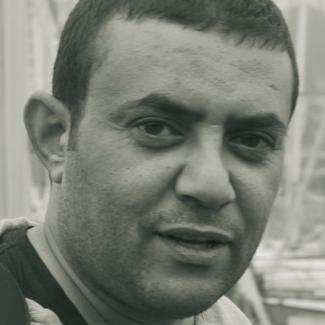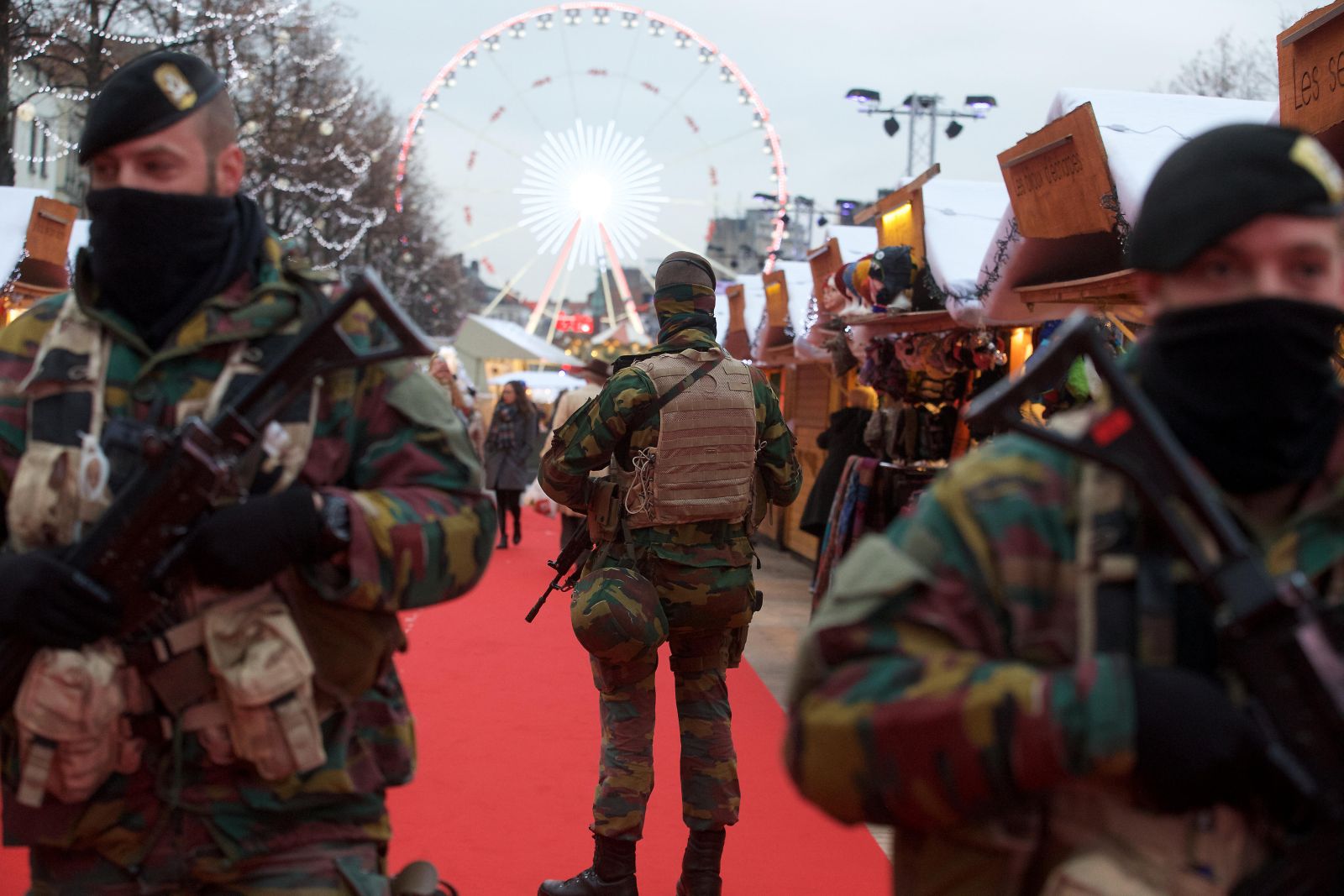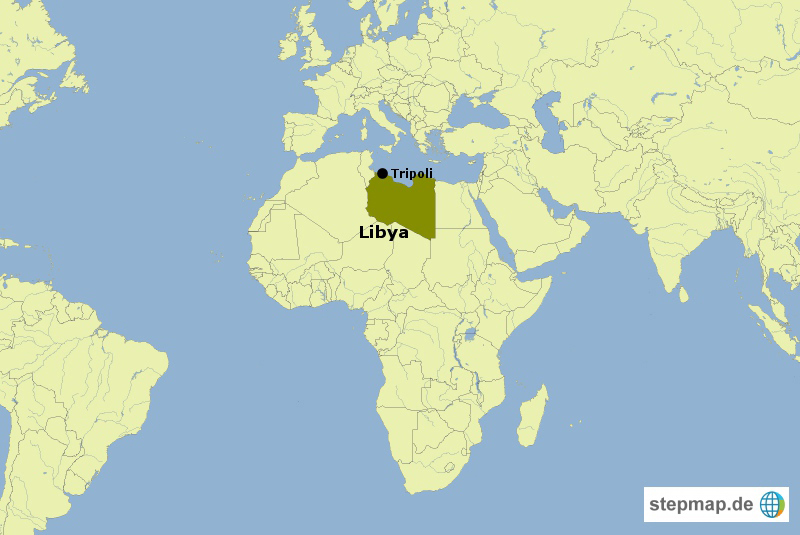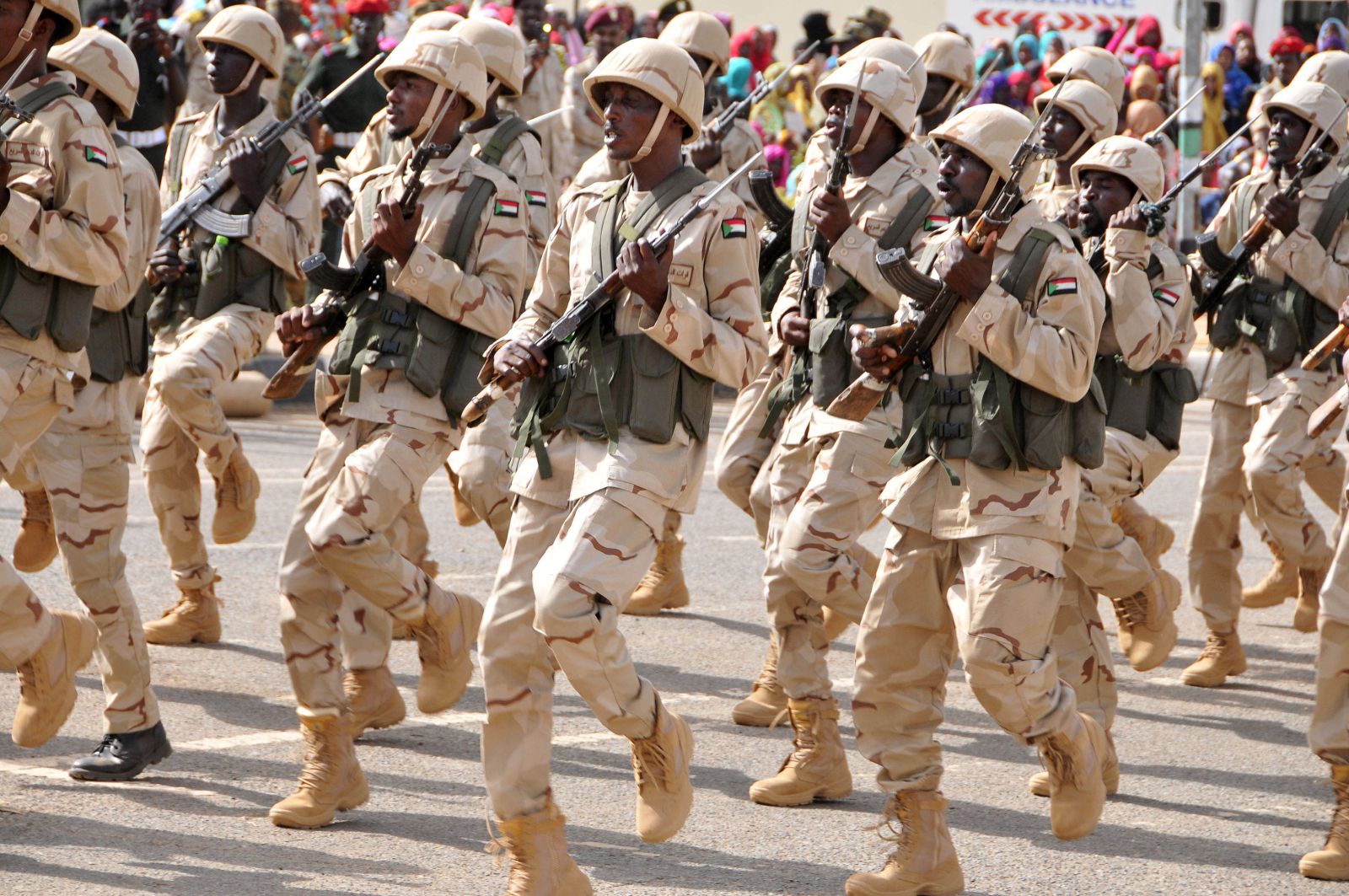Mediterranean Sea
Defining relationship
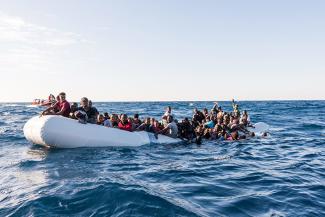
On the southern shores of the Mediterranean Sea, most Libyans used to rate highly what was happening on the northern shores. They considered EU countries to be models of prosperous and well-organised societies that enable people to live good lives. In the 20th century, thousands of Libyan students attended European universities, and what they told their compatriots reinforced the EU’s good reputation.
At the same time, many other Libyans have a rather bad impression of the EU. In their eyes, some of its member countries – especially Britain, France and Italy – have contributed to the security chaos the country is currently suffering. After all, a NATO intervention led by European governments facilitated the downfall of Muamar al-Gaddafi’s regime in 2011 (see box). Security has never been resorted. For almost a decade, competing militias have been fighting over Libyan territory. Erratic fighting can erupt anywhere at any time.
Some armed groups, moreover, are involved in the people smuggling industry. Large numbers of Africans want to migrate to Europe. Many are from sub-Saharan Africa, others are from Arab countries. As Libya has become a transit country, ever more Libyans want to move to Europe themselves.
High hopes
Everywhere in North Africa, people take great interest in European affairs. Masses would like to prosper in a democratic society – and that has been true for a long time. Obviously, such inclinations cannot be expressed freely under dictatorial rule. The revolutions of the Arab Spring revealed oppressed people’s desires.
At the time, Libya, Egypt and Tunisia got rid of autocratic leaders. It fits the pattern that popular uprisings have this year toppled authoritarian regimes in Algeria and Sudan. The painful backlash in Egypt, the security chaos in Libya and the brutal civil war in Syria must not distract from the fact that people long for freedom. We are aware of the EU’s long history of preaching democratic principles. Now we find its track record of supporting democracy disappointing.
Gaddafi, the strongman who ruled Libya from 1969 to 2011, did his best to convey a sense of national unity and to foster hostility towards the west. Many Libyans, however, disagreed. Mohamed Omar, a retired engineer, says: “Gaddafi was delivering a false message; Libyans did not see the EU as an enemy.”
As a young man, Omar studied mechanical engineering in Germany. He reports that he was “amazed by the well-organised and advanced lifestyle”. At the time, he hoped Libya would one day become like that. In his eyes, the country has lost a lot of time. He would like to see it better connected to the EU and blames the current state of affairs on “Gaddafi’s stupid ideas and disabling civil strife”.
Many other people see European governments at fault – at least partially. Shying away from deploying boots on the ground, they left a violence-torn country to its fate.
Migration worries
The refugee crisis is compounding the problems. It bears repetition that increasingly Libyans themselves want to leave for Europe. In the lack of visas, there are no safe routes. Moreover, Libyans who follow European media tend to see the coverage distorted. Libyans are normally depicted as perpetrators of crimes, not as people living in danger of violence. European leaders want refugees to stay in Libya, but they blame our people when foreigners are mistreated and abused here. Do European media not understand that Libyan statehood is extremely fragile? That, in itself, causes suffering.
Sajida is a six-year-old girl with a rare blood disorder. She required a bone marrow transplant. This kind of treatment is not available in Libya. Therefore, her father wanted to take her to Europe for proper treatment. “I applied several times for visas but all my applications were refused,” he reports. “I think they were afraid that I wouldn’t be able to afford the treatment costs.”
In 2016, he decided to sail to Europe with his daughter in a small rubber boat. After 33 hours, an Italian coast guard vessel found them and took them to Sicily. The girl got the lifesaving treatment.
Others are not so lucky and do not survive their attempt to cross the Mediterranean in inadequate ships. Nonetheless, people increasingly want to leave Libya in order to escape violence and lawlessness. They hope to get asylum in Europe but have no safe way to get there.
The irony of the matter is that, in European history, Libya was seen as the gateway to Africa. Now Africans see it as the gateway to Europe. Though the EU and the Gaddafi regime considered one another to be adversaries, they actually cooperated on several issues, including monitoring and restricting illegal migration.
In the chaos following his downfall, no authority has been able to assume the role of being an effective governmental partner for the EU. Libya is now a transit country with porous borders and ineffective state agencies.
Zuhier Abusrewil, a Libyan journalist who specialises in migration issues, says that “Libyans in general understand the rights of Africans who seek to escape to Europe looking for a better life.” In that sense, they do not share European worries.
Migration has considerable downsides, however, as the journalist points out: “Libya has been negatively affected because it largely relies on foreign workers.” Today, however, foreigners no longer want to stay in Libya. Now there is a shortage of workers, and wages are increasing.
The worst problem, however, is organised crime. The revenues of people smuggling amount to hundreds of millions of euros. Local gangs have teamed up with armed militias in Libya as well as mafia cliques from Italy and Malta.
The power vacuum that resulted from the NATO intervention has thus not only undermined security, it has also given rise to a lucrative illegal industry. Daily life in Libya is nowhere close to the EU standards that people hoped for when Gaddafi fell. This disparity now defines Libyans’ idea of Europe.
Moutaz Ali is a journalist and lives in Tripoli, Libya.
ali.moutaz77@gmail.com
Walid Ali is his brother and a researcher with a master’s degree in international relations.
